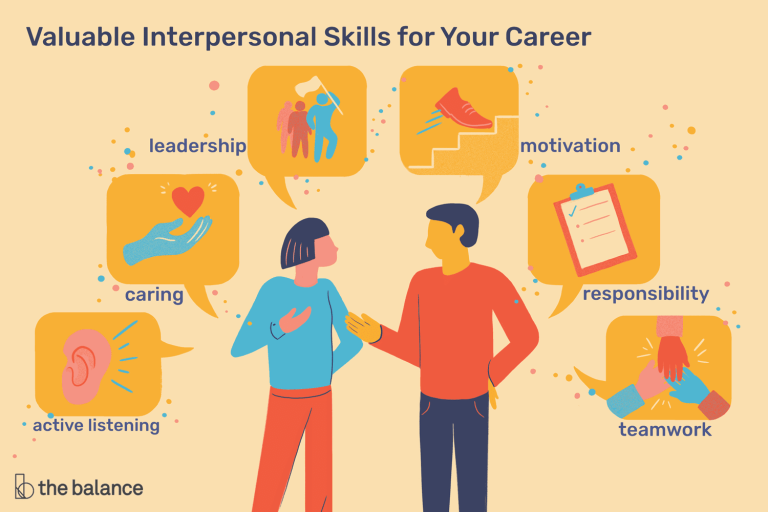What Did You Like Or Dislike About Your Previous Job?
When it comes to previous jobs, everyone has their own unique experiences. Whether we loved our job or found it challenging, there are always things we like and dislike about any position we hold. In this article, we will delve into the aspects that individuals commonly appreciate or dislike about their previous jobs.
What We Liked About Our Previous Job
There are many reasons why people find aspects of their previous job favorable. Here are a few examples:
- Engaging Work: Many individuals appreciate jobs that offer intellectually stimulating and engaging work. Such positions often bring out the best in people, fostering a sense of satisfaction and personal growth.
- Growth Opportunities: Having the chance to develop new skills and grow within a company is a significant advantage. It keeps employees motivated and creates a sense of long-term purpose.
- Supportive Work Environment: A positive work environment, where colleagues and supervisors are supportive, can make a significant difference in how people feel about their job. Feeling valued and respected creates a more enjoyable working experience.
- Work-Life Balance: Achieving a healthy work-life balance is highly coveted. Jobs that allow individuals to pursue personal interests and spend quality time with loved ones tend to be highly regarded.
- Opportunities for Success: Jobs that offer clear pathways for advancement and recognition enable individuals to set goals and work towards achieving them. The prospect of recognition and success often drives motivation and job satisfaction.
What We Disliked About Our Previous Job
While every job has its merits, there are also aspects that many individuals dislike. Here are a few examples:
- High Stress Levels: Jobs with high levels of stress and pressure can lead to burnout and negatively impact well-being. The constant demand for performance can weigh heavily on individuals.
- Limited Career Growth: Feeling trapped or facing a lack of growth opportunities can make a job less appealing. If there is no clear path for advancement or professional development, employees may feel stagnant.
- Unsupportive Work Environment: A toxic work environment, characterized by negativity, lack of teamwork, or unsupportive colleagues, can be demoralizing and make the overall experience unpleasant.
- Poor Work-Life Balance: Jobs that demand excessive working hours and do not provide enough time for personal life can strain relationships and lead to a feeling of being continuously overwhelmed.
- Unclear Expectations: When expectations are unclear or constantly changing, individuals may become frustrated or uncertain about their responsibilities, affecting their job satisfaction.
Frequently Asked Questions Of What Did You Like Or Dislike About Your Previous Job?
Faq 1: What Are Some Positive Aspects Of Your Previous Job?
Working in a supportive team environment and having the opportunity for professional growth were enjoyable aspects of my previous job.
Faq 2: What Challenges Did You Face In Your Previous Job And How Did You Handle Them?
Handling tight deadlines and managing multiple projects simultaneously were challenges I faced in my previous job. I developed strong time management and prioritization skills to overcome these challenges successfully.
Faq 3: How Did Your Previous Job Contribute To Your Professional Development?
My previous job provided me with valuable experiences and opportunities to enhance my skills, such as attending professional development workshops and taking on leadership roles. These experiences helped me grow and become a more well-rounded professional.
Conclusion
In summary, there are various aspects that individuals commonly appreciate or dislike about their previous jobs. Engaging work, growth opportunities, a supportive work environment, work-life balance, and opportunities for success are typically appreciated aspects. On the other hand, high stress levels, limited career growth, an unsupportive work environment, poor work-life balance, and unclear expectations tend to be disliked. Identifying these factors can help individuals make informed decisions when seeking future employment, striving for greater job satisfaction and fulfillment.


